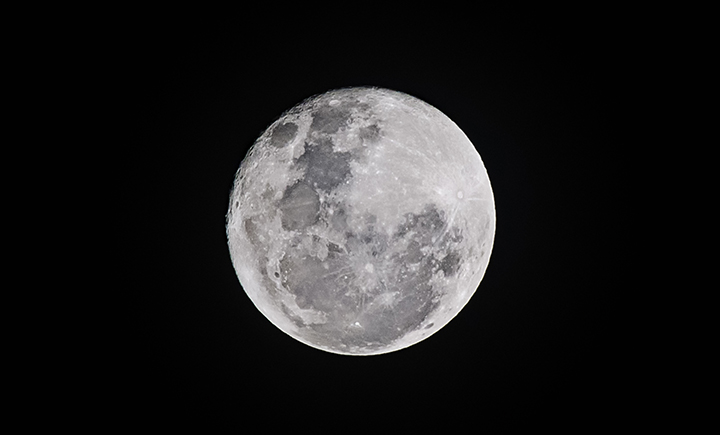Mechanical engineering student’s internship at NASA
Graduate student Victor Yu spent his fall semester working on the nanosatellite Lunar IceCube Project.

Last fall, typical students dragged themselves to class, trudged through homework each night and lost five pounds of body weight from sweat during finals week; meanwhile, Victor Yu worked as an intern at NASA, piloting a satellite.
Yu, a mechanical engineering graduate student at Binghamton University, interned at NASA’s Goddard Space Flight Center in Maryland, where he worked on the Lunar IceCube, a planned nanosatellite mission set to orbit around the moon in 2019 to collect data on lunar ice deposits.
Yu was part of the Attitude Control Systems Department, focusing mainly on ensuring the satellite is oriented at the right attitude. The satellite is solar-powered, so it is important to ensure that its solar arrays are facing the sun and its instruments are facing the moon. NASA engineers can remotely control the reaction wheels to orient the spacecraft to the correct attitude.
One benefit of interning at NASA is being able to see some amazing historical items. For example, the last piece of the James Webb telescope, which is scheduled to replace the Hubble telescope in 2019, was once installed at Goddard, in the world’s largest “clean room” (a room containing only pure, filtered air to avoid particle contamination). Yu said he just missed seeing the Webb telescope at Goddard, but it was relocated to Houston shortly before he arrived.
“So close,” lamented Yu.
He did, however, get to see the Hubble Mission Control Room, where engineers operate the Hubble Space Telescope.
Yu said everything he has learned at Binghamton helped him during his time with NASA.
“One reason I like Binghamton University is because there’s a lot of diversity here,” he said, but after completing his internship he noted that he wished an aerospace engineering major was among those offered at Binghamton’s Thomas J. Watson School of Engineering and Applied Science.
Yu also has advice for prospective interns, noting that his faculty mentor, assistant professor Sherry Towfighian, helped him get to NASA.
“It’s important that you have a lot of networks, especially with your professors,” Yu said. “Because of her recommendation, I got the internship.”
Yu said he liked working with Attitude Control Systems but in the future he would prefer to work in the Mission Control Center, which oversees the entire mission and simulates the trajectory of the spacecraft.
He added that he might have been able to find a good job without going to grad school, but many of the jobs that he is interested in prefer candidates with a master’s degree.
“I think getting a master’s will definitely help me,” he said.
Yu plans on graduating this fall, but would consider delaying his graduation to accept another internship. He hopes to work at NASA or a similar organization for his career.
“I would love to work in the aerospace industry,” Yu said. “The people there, they’re really smart.”
